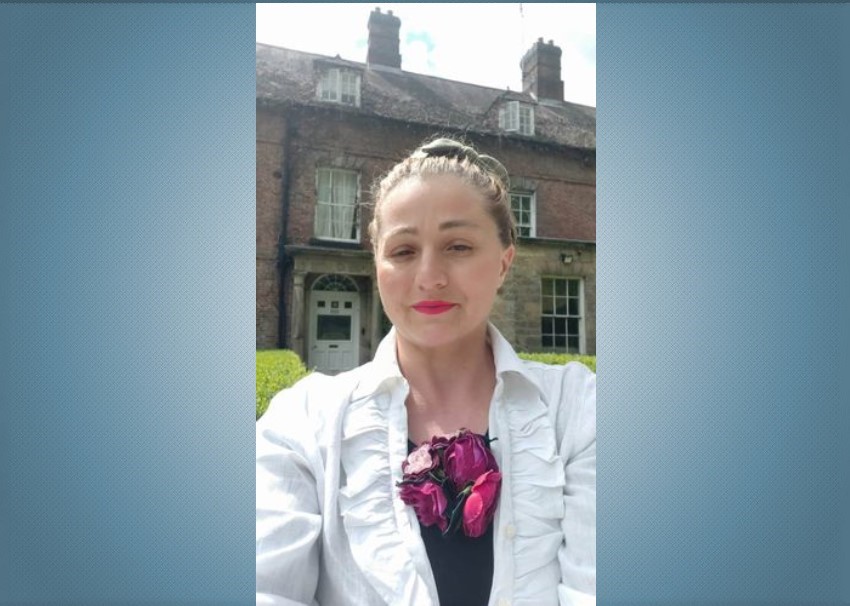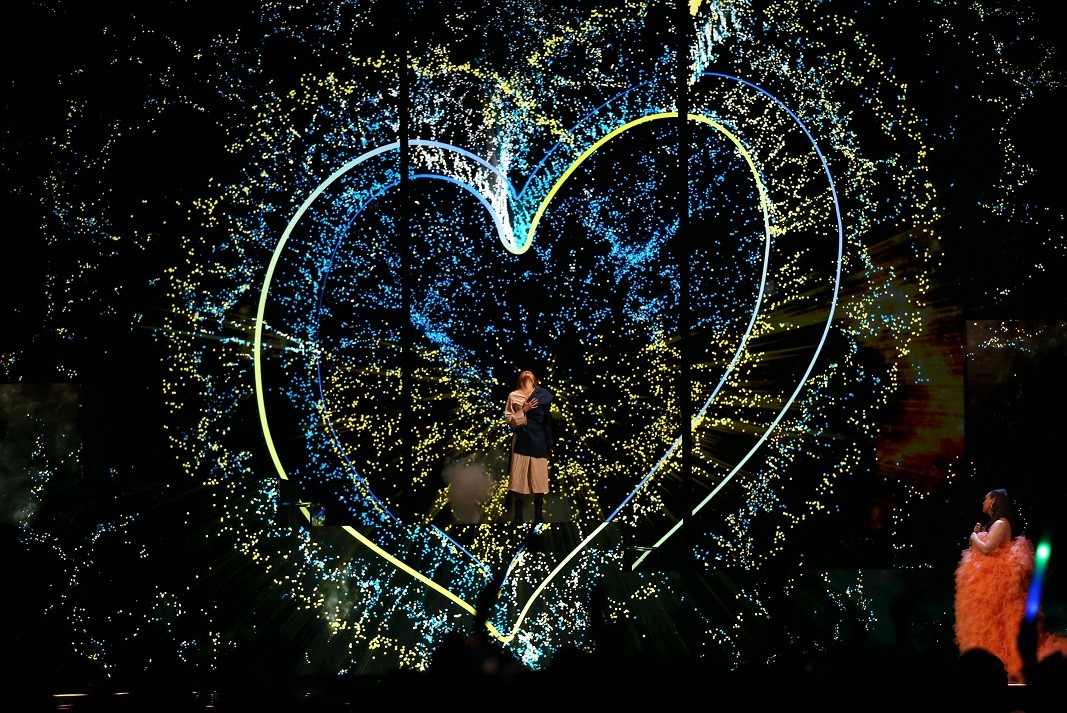What do ABBA (Sweden), Celine Dion (Canada), Toto Cutugno (Italy), Helena Paparizu (Greece) and the Italians Maneskin all have in common? They have all, at one time or another, won the Eurovision Song Contest which has meant their countries have hosted the contest the following year. But this year is different. After the Ukrainian Kalush orchestra won last year’s contest, hands down, with their song Stefania, the European Broadcasting Union took the decision that because of the war in Ukraine this year’s contest could not take place there. In October, 2022 it was officially announced that the 67th edition of the biggest music competition in Europe would take place from May 11 to 13 in the country that was runner-up – the UK – for the record 9th time (after 1960, 1963, 1968, 1972, 1974, 1977, 1982 and 1998). The chief organizer of two semi-finals and the grand final in Liverpool on 13 May is the BBC. And even though Bulgaria is not taking part in the contest with a song of its own for the first time in six years (for financial reasons), there is still a Bulgarian connection in this year’s show – in a different way.
One of the people responsible for the glamour of the show is Zornitsa Rangelova from the BBC team. She is a broadcast engineer, specializes in visual effects and has been living in the UK for 20 years.

In an interview with Radio Bulgaria, Zornitsa says she has always liked the glamour of the contest and admits she wanted to one day be part of this musical magic. So, she is now overjoyed to have made her dream come true.
The stage for the contest was built at a huge stadium in the city, where there are technical and artistic facilities for the organizers and for the artists, Zornitsa says. For the audience it might all be just show, but for the people involved that isn’t quite so. “The moment a given place is chosen to host such an event it automatically becomes a construction site in Great Britain,” she explains. “So that anyone entering it – from the technical staff to the make-up artists or the scenographers have to have undergone special safety training for working at a construction site.”

As to public interest in Eurovision this year, opinion is polarized, Zornitsa says.
“What I’m seeing on social media is that there isn’t so much interest but people in Liverpool really are looking forward to the grand final almost as much as they were to the coronation of King Charles III. And I’m sure that as Saturday draws closer the interest will go up.”

Thirty-seven countries are taking part in this year’s Eurovision contest, the lowest number in ten years. Twenty-six of them reached the grand final, and even though Bulgaria is not taking part, Bulgarian will still be heard from the stage in Liverpool because the finalists include the Czech VESNA with the song My Sister’s Crown which is performed, in the Bulgarian language by rapper Tanita Yankova. Tanita was born in Bulgaria, her father is renowned artist Todor Yankov. She has been living with her family in Prague for years but has never severed the bond with her Bulgarian roots. The song itself is the epitome of the motto of the Eurovision Song Contest this year – United by music – and features four different languages: Bulgarian, Ukrainian, Czech and English.
“VESNA are superb performers,” says Zornitsa Rangelova and admits that hearing her own language in a song from another country made her emotional as well, even though her personal favourite is the contestant from Switzerland.

“What I will remember Eurovision 2023 for is its magnificence. So many people from all over the world worked for this grand show. The logistics of an event of this magnitude is global, and I can only compare it to mini Olympic Games,” says Zornitsa Rangelova.
The grand final of the Eurovision Song Contest 2023 will take place on 13 May. United by music, more than 160 million people from all over the world are expected to watch.
Translated from the Bulgarian and posted by Milena Daynova
Photos: Zornitsa Rangelova, EPA/BGNES
Four decades have passed since the longest freezing of the Danube River waters, which the residents of the Bulgarian towns along the Danube remember. In 1985, the river was covered in ice for two whole months - from January 16 to March 16. Then the ice..
For another year, traffic police in Vratsa and the Burgas region have stopped women drivers - not for violations, but to surprise them with a tulip and a greeting in honour of International Women's Day on March 8. The initiative in Vratsa took place..
An investigation carried out after a signal was received about an unnatural dark brown colour of the water near the beach in the Varna district of Asparuhovo , as well as in the entire area of the port of Varna on the Black Sea coast, has revealed that..
Bulgaria participates in the Global Money Week initiative for yet another year. Global Money Week is an annual global awareness-raising campaign to..
"It all started on a March evening in 2007 when 2 million people and 2,000 companies in Sydney (Australia) turned off their lights for one hour – from..
Scotland is known as "The Land of the Brave" and recognized as the "Homeland of the Bagpipe". An instrument that carries the soul of Bulgarian folklore in..

+359 2 9336 661
